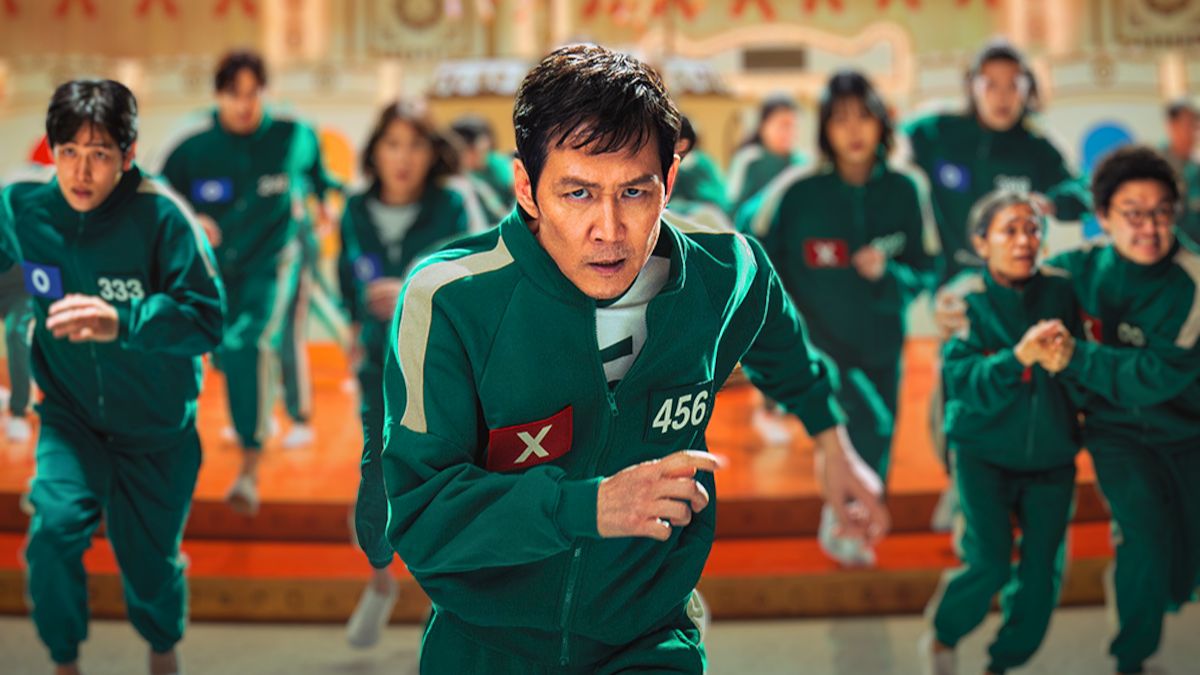Lee Jung-jae, the actor known for playing Seong Gi Hun/Player 456 in Netflix’s megahit Squid Game and for starring in Disney+’s The Acolyte, is the latest face from the thriller series to land in hot water.
Though his controversies are not as damaging as the sexual misconduct allegations against O Yeong-Su (Player 001 in Squid Game) or Song Young-Chang (Player 100), they have again raised questions about the lack of vetting in the series’ casting process, whether it be for safety or PR reasons.
Lee Jung-jae’s legal issues
The star of the show’s past keeps resurfacing online, as Jung-jae’s alleged history of driving under the influence, assault cases, and a legal dispute with the CEO of RaemongRaein.
Jung-jae was arrested for a DUI in 1999 in a drunk driving incident where he crashed his BMW into another car. His driving license was temporarily revoked, but he then received another DUI in 2002. He also was accused of assault on two occasions, both allegedly taking place in 2000.
The first was when he reportedly got into a physical altercation with a man during an argument in a Seoul Cheongadamdong bar — he and a friend reportedly attacked another patron together. The second was reported by a woman who accused him of dragging her out of a nightclub in Busan, injuring her in the process.
A formal complaint was made against him by Kim Dong Rae, the CEO of RaemongRaein. Hindustan Times reported the complaint involves a shareholder dispute where Jung-jae and former CEO Park In Gyu are accused of forcibly taking control of the company by convincing him to transfer shares to them.
Squid Game‘s other cast controversies
Some of the legal actions taken against cast members involve criminal cases brought forth by individuals to who they allegedly caused harm, while others have been attributed to South Korea’s contentious, harsh attitude toward things like gambling and recreational drugs.
O Yeong-Su
Player 001 from season 1 was charged with sexual misconduct for allegedly inappropriately hugging, making improper comments, and kissing a woman in multiple incidents. Despite Yeong-Su denying the allegations initially, the unnamed actress won the case against him after the court found he had touched her without consent on several occasions.
He was indicted in 2022, and in Mar. 2024, found guilty and sentenced to an eight-month suspended prison term, along with an order to attend 40 hours of educational classes on sexual violence.
T.O.P
Former K-pop BIGBANG member T.O.P played the rapper Thanos (Player 230). In 2017, during his mandatory military term, he was “prosecuted without detention” for marijuana use. T.O.P. received two years of probation and completed his military term as a public service worker. He hasn’t returned to K-pop since.
Director Hwang Dong-hyuk has defended him, saying [via allkpop], “I didn’t expect this to become such a controversy. The incident happened a long time ago, and the sentence was completed. Many artists have returned after similar incidents, so I thought it might be an appropriate time for him to return to work. However, seeing so much public concern made me realize that I might have misjudged.”
Dong-hyuk continued, “He showed a strong commitment, and I personally oversaw his audition. He sent videos of his practice sessions and demonstrated effort and talent, even during script readings. The role he’s playing in Season 2 requires courage, and I felt he was the most suitable choice. While the decision has sparked controversy, I decided to move forward, as we had already invested time together.”
Song Young-Chang
Veteran actor Young-Chang was convicted on charges of underage prostitution in 2000. He was arrested for allegedly paying a 16-year-old to have sex with him in a car on two occasions. He was sentenced to 10 months in prison, which was suspended, and two years of probation. He only served a month before being released.
While he was banned from working with certain broadcast networks, he eventually worked his way back into the entertainment industry. Some fans have cited him as emblematic of South Korea’s forgiving attitude toward male violence in comparison to struggles like addiction, which are punished before being treated. One wrote, “Yet Actor Yoo Ah-in had been imprisoned for his drug use. It’s appalling how unfair the system seems to be.”
Additionally, more actors involved with Squid Game have had cases against them dropped. That list includes sexual assault allegations against Lee Jin-wook and blackmail allegations against Lee Byung-hun. While withdrawn claims are harder to comment on, one thing is clear: Squid Game needs to work on its vetting process.
